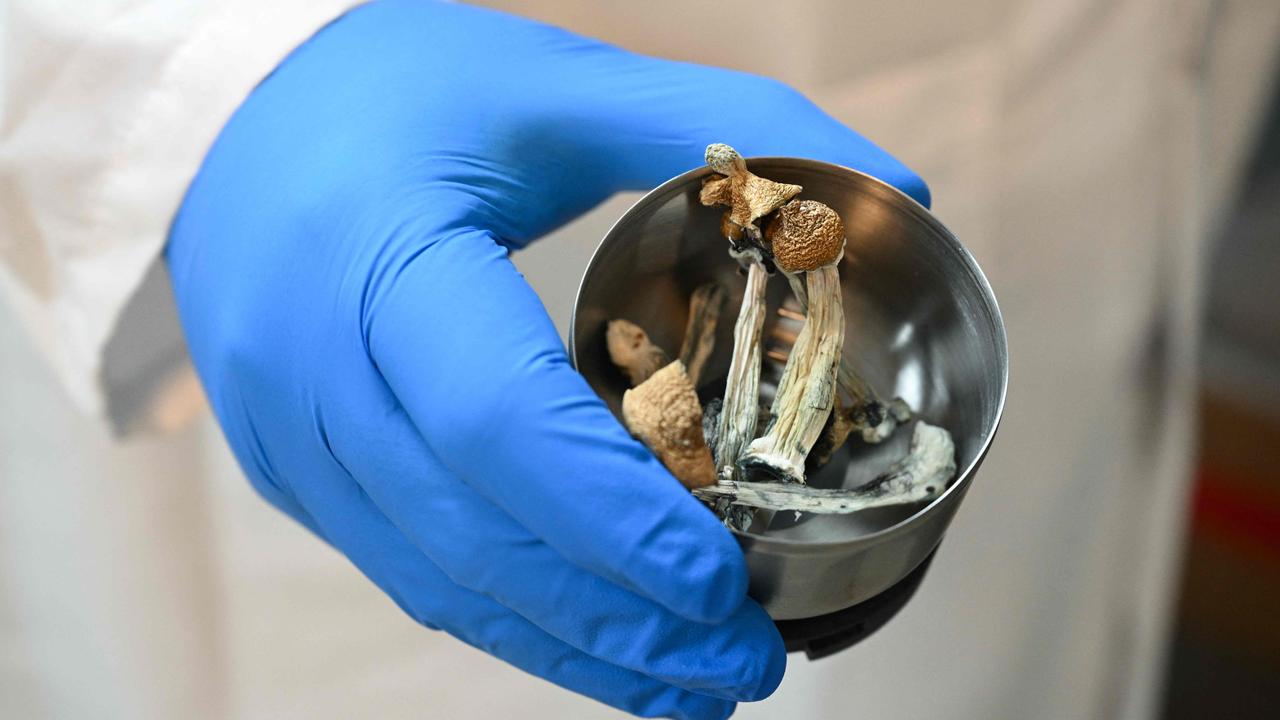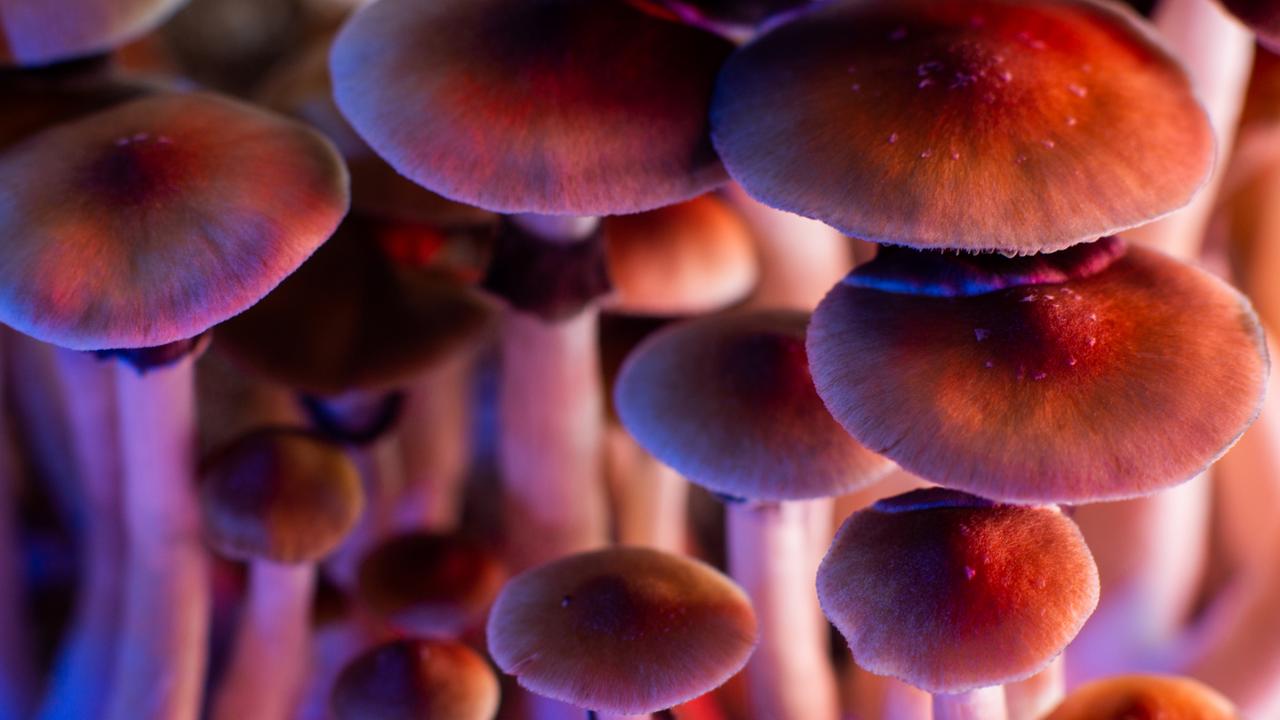How magic mushrooms could help Aussies with anorexia
A world-first study using a psychedelic substance to treat anorexia is giving hope to more than one million Aussies live with an eating disorder. See how.

World
Don't miss out on the headlines from World. Followed categories will be added to My News.
A psychedelic substance has shown promising results in helping to treat people with anorexia.
Psilocybin therapy, which uses a key psychoactive ingredient found in magic mushrooms, had “beneficial” outcomes and led to eating disorder remission in some cases, a small early-phase US trial found.
The University of California-led feasibility study followed 10 women aged 18 to 40 years old with anorexia nervosa for three months after receiving a single 25mg dose of a synthetic form of psilocybin, alongside psychological support.
The study, published in Nature Medicine on Tuesday, found no serious adverse side effects and “most participants endorsed the treatment as highly meaningful” and a “positive” experience.

Butterfly Foundation’s National Helpline manager Joyce Tam said she welcomed the research but stressed, given the small size of the study and its limitations on gender and types of diagnosis, further research was essential “before we can better understand its use and effects”.
“Butterfly very much welcomes research into innovative treatment options that is conducted ethically and safely for participants, as anything that can build on the existing evidence base will assist with helping those living with an eating disorder,” she said.
“Based on our current evidence, mutli-disclipinary, person-centred, stepped care is the most effective way to treat someone with an eating disorder and is an approach where treatment is specifically customised to suit that person’s illness, situation and needs. When ... delivered by skilled and knowledgeable health professionals, full recovery and good quality of life can be achieved for around 72 per cent of people with eating disorders,” she said.
Ms Tam said eating disorders were “incredibly nuanced” and what might work for some may not be effective in others.
Eating disorders affect about four per cent of Australians – more than one million people. Of those, about three per cent have anorexia.
Anorexia nervosa is a mental health disorder characterised by excessive and undue preoccupation, fear and distress surrounding food, body weight and shape, and eating. It is difficult to treat – there are currently no proven treatments to reverse the core symptoms and there are no approved medications.
Psilocybin therapy has been shown to be a promising treatment for other mental illnesses and is associated with improvements in anxiety, cognitive flexibility and self-acceptance.

The US study researchers, including lead author Stephanie Knatz Peck, said four of the 10 women had substantial decreases in eating-disorder scores at a three-month follow-up, qualifying for remission from eating-disorder psychopathology. But they stressed they were early results and more research was needed.
University of Melbourne School of Psychological Sciences senior research fellow Dr Trevor Steward said while the research was “an important first step”, larger-scale studies were required.
“Psilocybin therapy has provided glimmers of hope in other mental health disorders, notably by providing evidence that it can improve anxiety, cognitive flexibility, and self-acceptance for some people. These are all features of anorexia nervosa and the rationale for exploring psilocybin therapy as an option in the case of anorexia is strong,” he said.
“However, this study does not demonstrate that psilocybin therapy can be used to treat anorexia nervosa.”
Monash University Head of Body Image and Eating Disorders Research Associate Professor Gemma Sharp described the study as “exciting” and medications to treat anorexia were “very much needed to save lives”.
“My own eating disorder patients have expressed interest in psilocybin therapy for a number of years and I am glad that there are gradually more opportunities for them to participate in research. Having said that, this published research is very preliminary,” she said.
“This research provides an important platform for larger-scale research. A crucial goal for future research is understanding exactly how psilocybin might assist people with anorexia nervosa (the biological mechanisms) as this will allow us as clinicians and researchers to optimise any treatment strategies.”
More Coverage
Originally published as How magic mushrooms could help Aussies with anorexia









